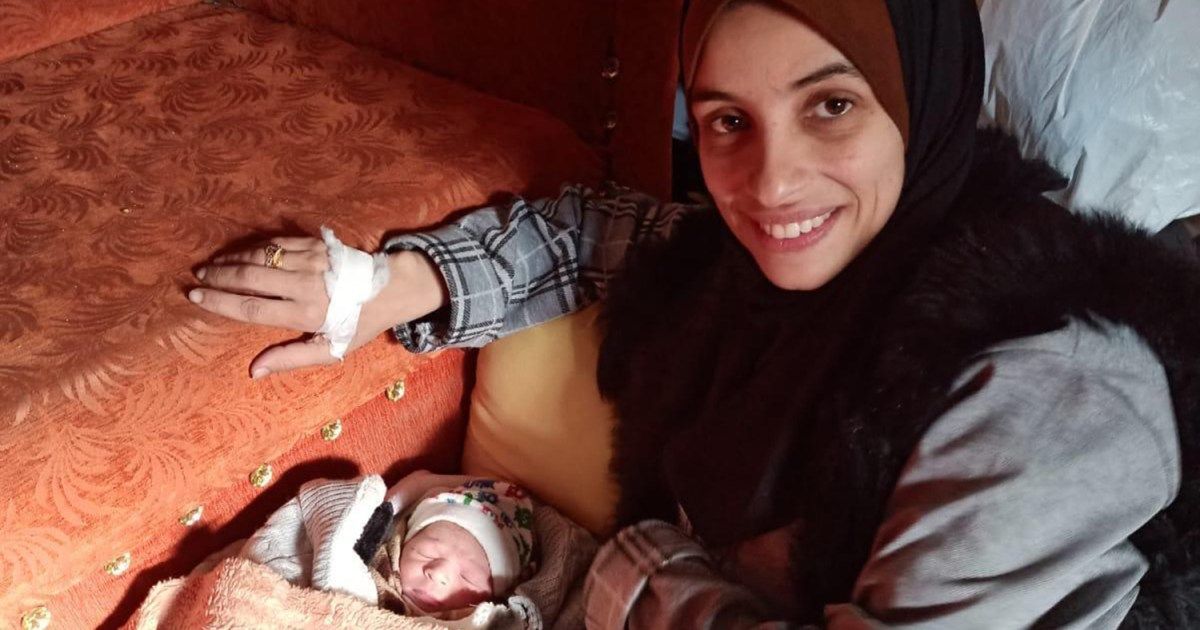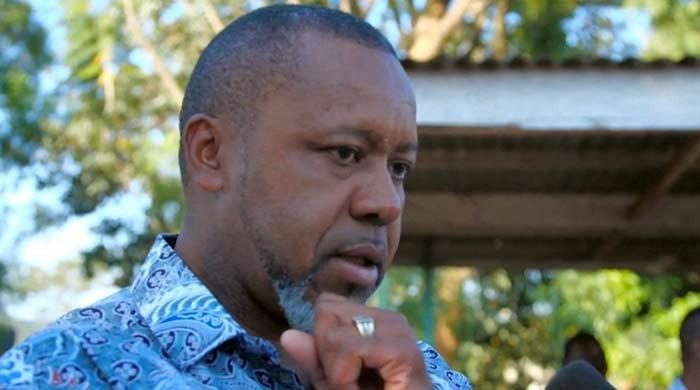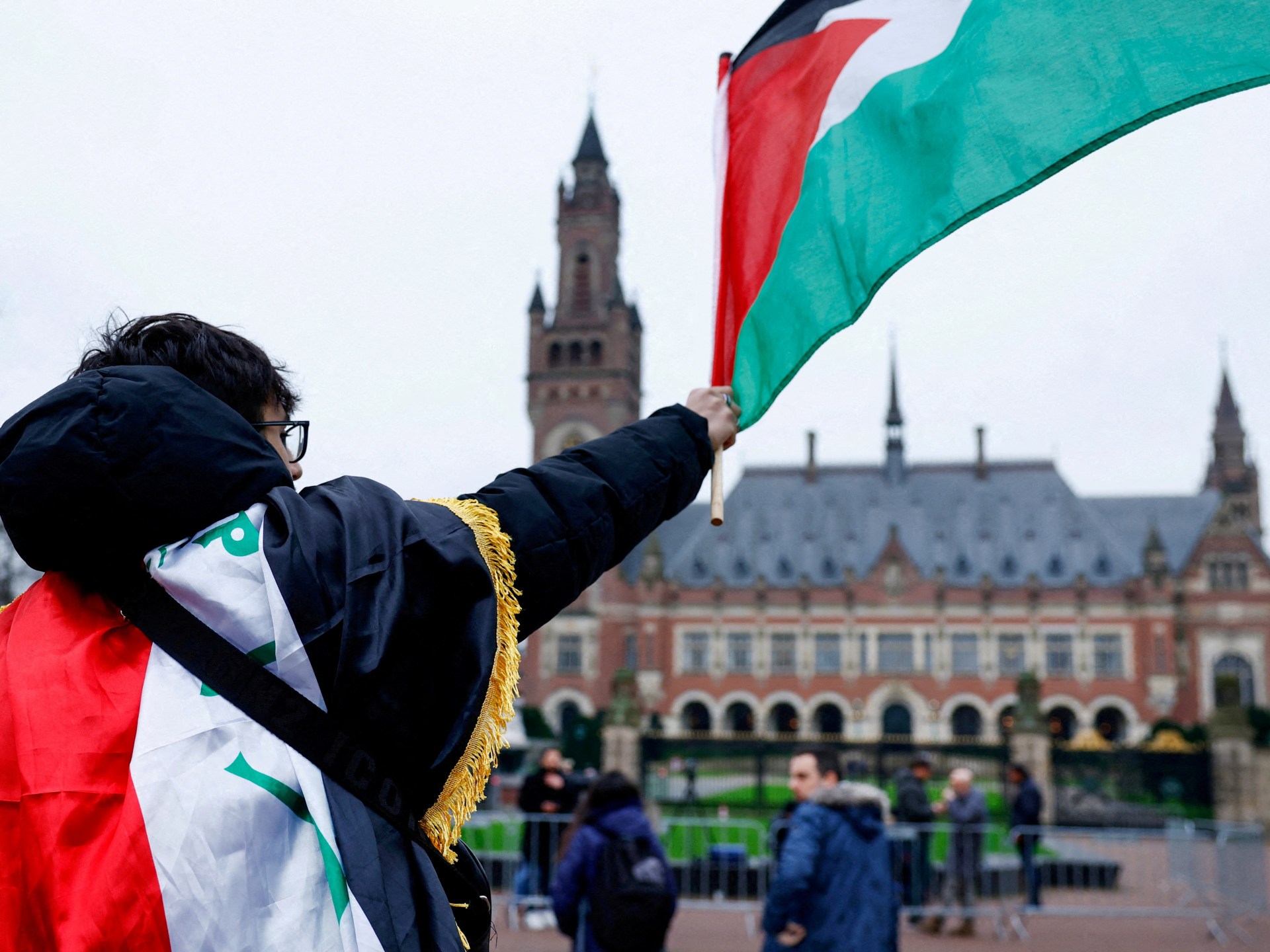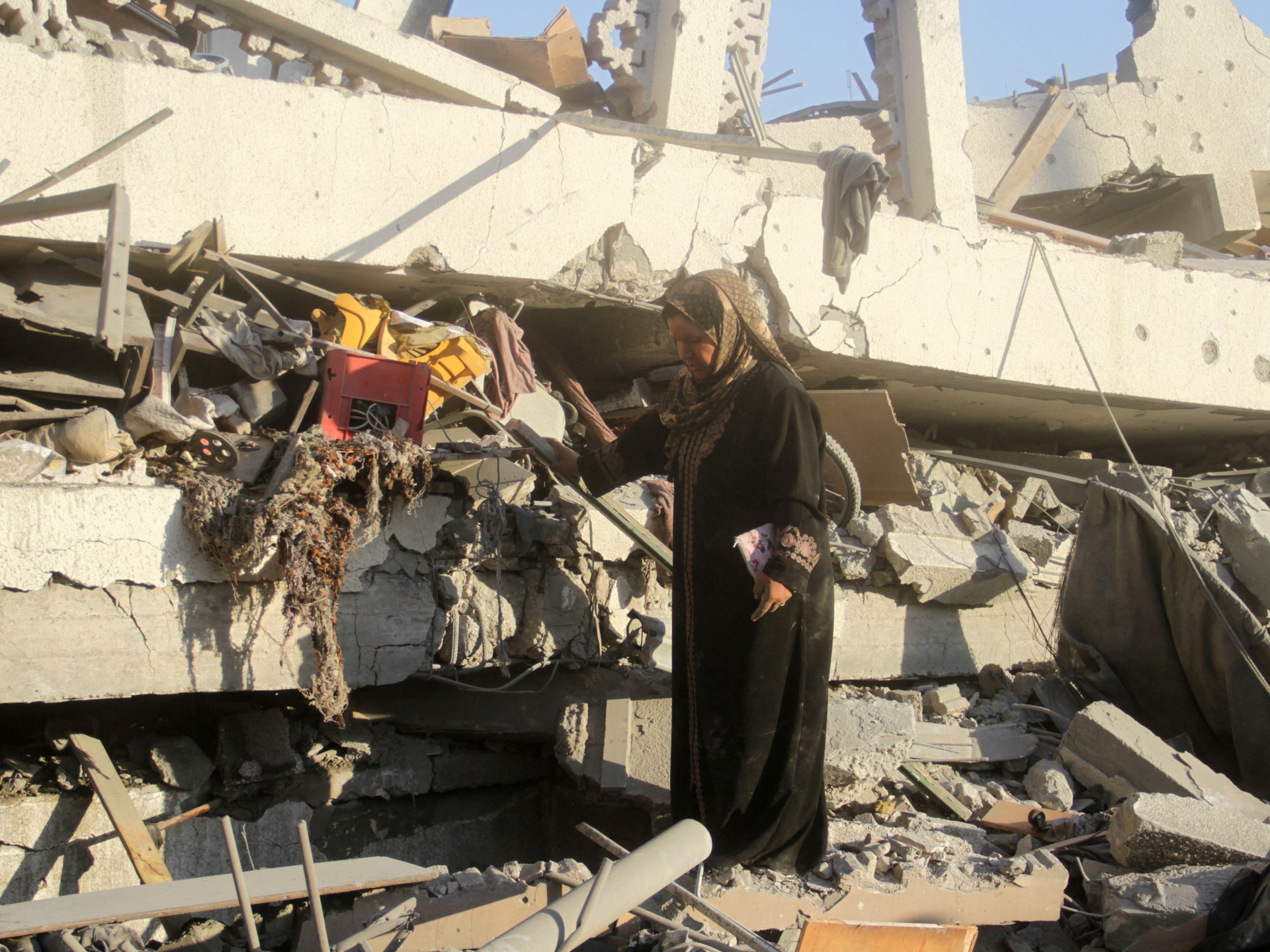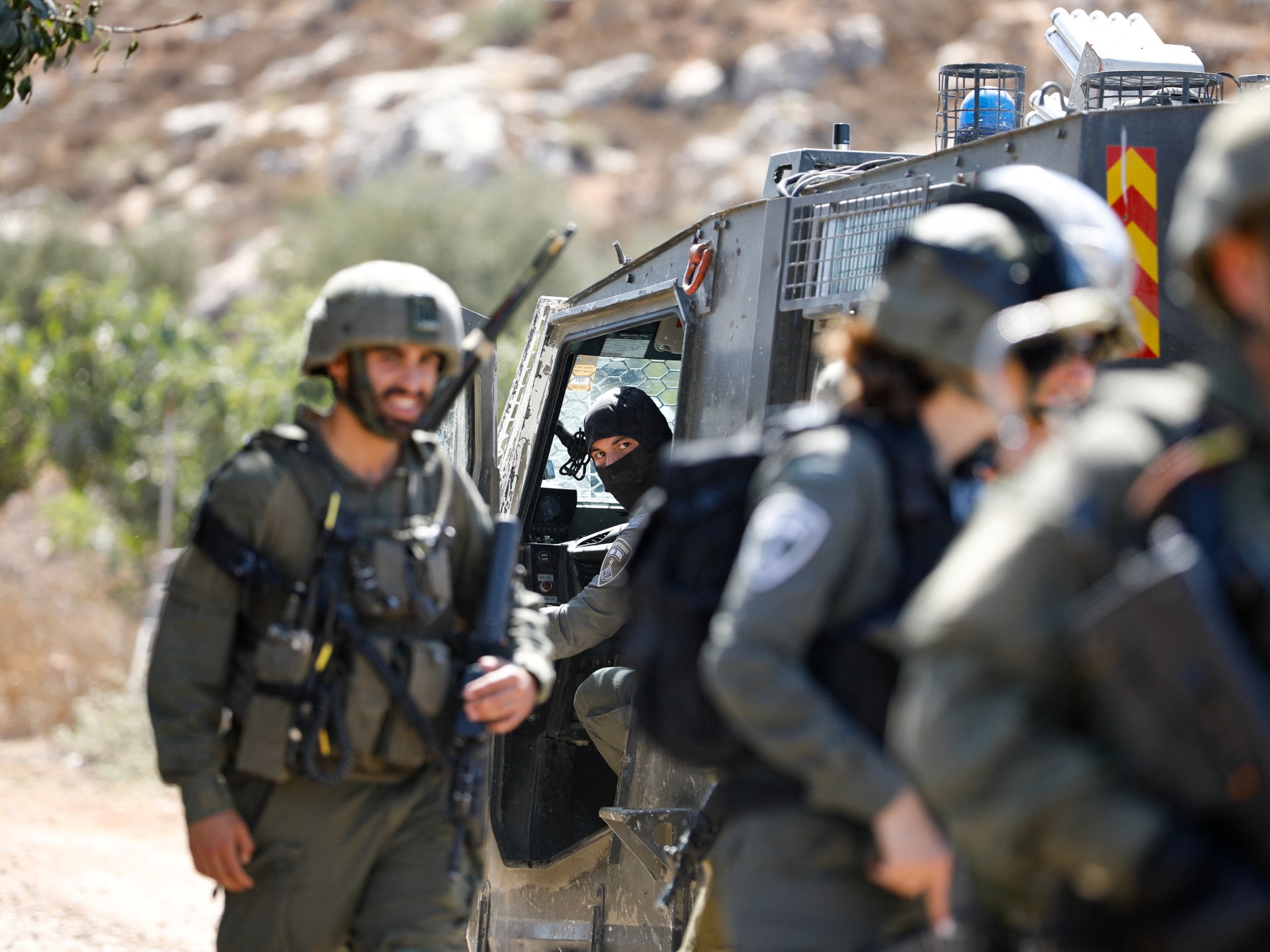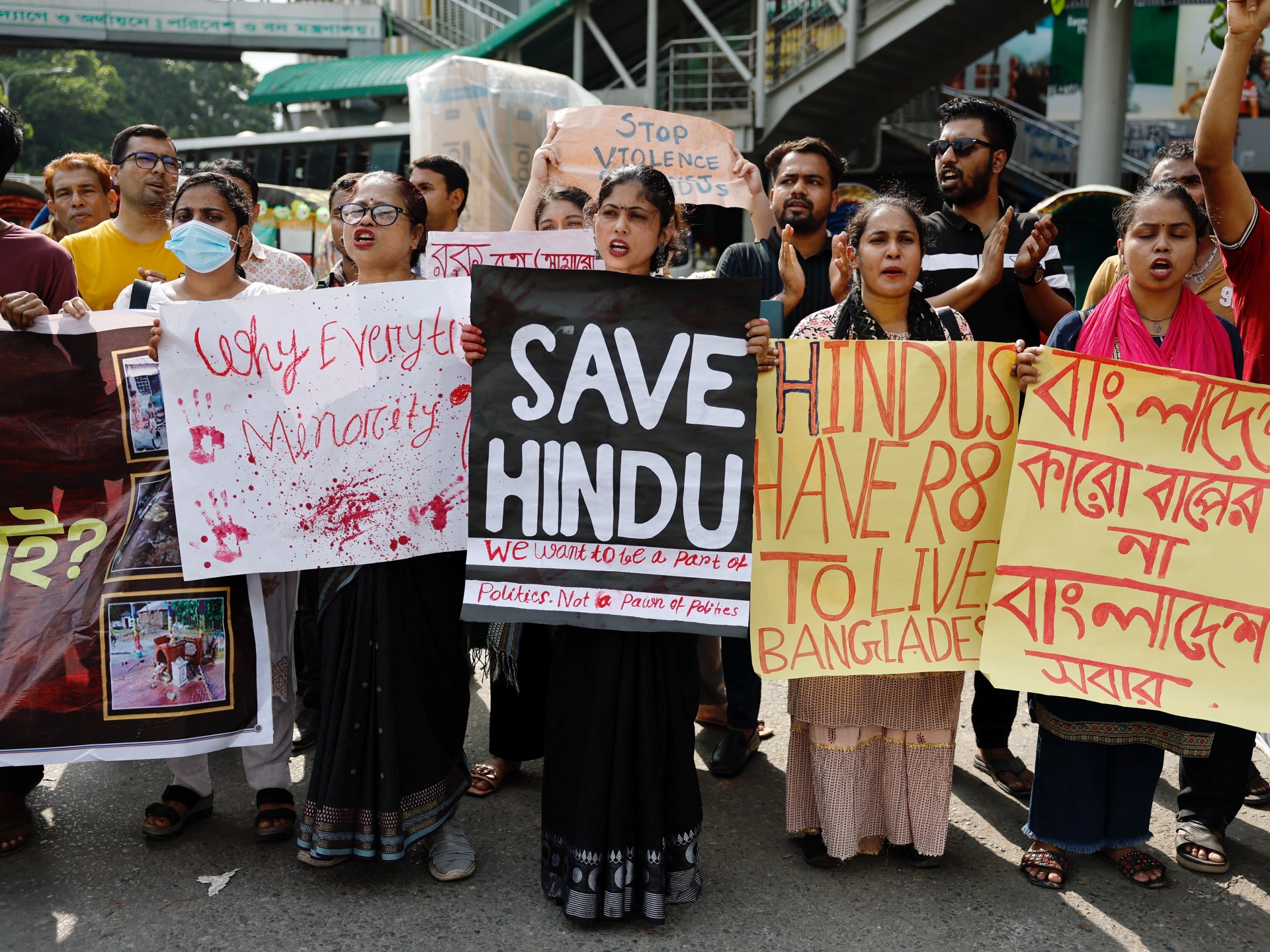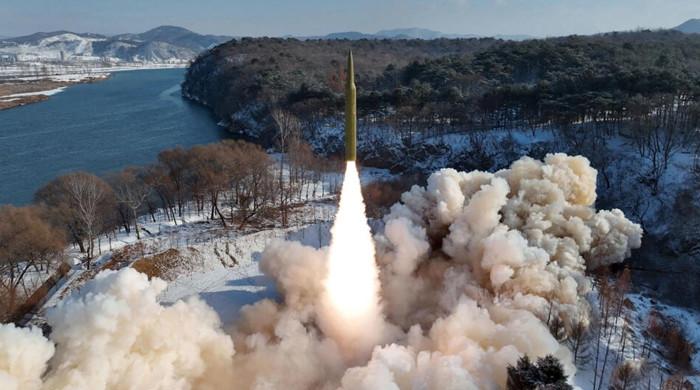Every morning, Alaa al-Nimer wakes up to bathe her six-month-old daughter, Nimah. There is no running water – it hasn’t been for many months – and the water she uses sparingly is collected from distribution points near a relative’s home in the Sheikh Radwan neighbourhood in northern Gaza City. Despite the hardships Alaa and her family now face, she is determined to bathe her green-eyed daughter every day.
The 34-year-old mother of three says her daughter's smile is a “balm for her soul” in a time of “darkness.”
But her birth was more traumatic than Alaa could have anticipated.
“My daughter was born on the street,” she explains shyly.
She describes it as the most difficult day of her life.
Moved more than 11 times
Alaa and her family – her husband, Abdullah, 36, and their sons, Mohanned, seven, and Yamen, five – have been on the move almost since Israel's war on Gaza began in October.
Following Hamas-led attacks in southern Israel on October 7 that killed 1,139 people, Israel has launched a war on Gaza that has killed more than 39,000 people.
When their home in Gaza City's Zeitoun neighborhood was attacked in October, the family moved first to a relative's home and then to neighbors' homes.
“[We were] “We have been displaced more than 11 times,” Alaa says with a tired voice.
His family had decided to remain in northern Gaza despite Israeli forces ordering people to move south.
“It was a matter of principle,” says Alaa. “We realised that nowhere was safe.”
On one occasion, Israeli tanks surrounded the building where they were staying and opened fire. Alaa, his sons and 25 others inside escaped through an opening created when a shell hit the building earlier in the war. She describes her escape as “miraculous.”
But it was the middle of winter and Alaa was eight months pregnant. She walked four hours east in the cold with her children to escape the tanks. At the time, her husband was elsewhere with his elderly mother, who has difficulty walking. Alaa, her children and the people in the building took detours to reach the Old City, where they took shelter in a tent near a mosque until it was safe to return.
'Please, is there anybody?'
Alaa desperately hoped the war would end before giving birth. “I never imagined I would go into labour during the war,” she says.
She was at her sister-in-law’s house when she began to feel the first pains of labour. “I tried to lie to myself,” she says, insisting that she was not about to give birth. But the pain got worse.
It was after 10pm on a cold, damp January night, and Alaa could hear the sounds of Israeli bombs falling nearby.
Alaa called her mother and sister, who were nearby, while her husband went to get a car to take her to the hospital. Alaa waited on the street. The delivery progressed quickly, but due to a lack of fuel and the late hour, Abdullah could not find a car and the communication networks were too weak to call an ambulance.
Alaa stood on the side of the road, screaming for help. She remembers praying and thinking, “Please God, not now. I want to be in the hospital.” She was scared for her baby’s life.
But when her husband returned, she was already giving birth. Her mother and sister also arrived and ran to her in shock. Abdullah grabbed her daughter's head in her hands and screamed for scissors to cut the umbilical cord, which her cousin, who arrived with Alaa's brother, took from a medical kit.
Desperate to find medical care for his wife and newborn daughter, Abdullah finally managed to find a car to take them to a maternity hospital 5.5 kilometres away. Alaa climbed in with her baby and mother while her husband and brother ran ahead of them.
But the car stopped a few meters away because it had run out of fuel.
“The street around me was completely dark. There was no one in sight,” Alaa recalls.
“My cousin carried the little girl in his arms, wrapped her in his coat to protect her from the cold, and walked quickly ahead of us, fearing for his life. He guided us with the flashlight on his mobile phone, telling us: 'Turn right, then left' to orient ourselves.”
Alaa was bleeding. Her mother and sister walked beside her, crying.
“My mother was walking down the middle of the street shouting, 'Please, is there anybody? Is there a car that can take us? Please, we have a newborn baby girl and her mother just gave birth.'
“But there was no response.”
They walked for about an hour before finding a minibus to take them the short distance to the hospital.
“We got into the car crying with joy and fear,” says Alaa.
A doctor was waiting for them at the hospital door, informed by Alaa's husband and brother, who had arrived before them.
“The doctor took me in her arms and immediately took me to the maternity ward,” Alaa recalls.

A healthy baby and a spoonful of halwa
When she woke up the next morning and doctors told her her daughter was fine, Alaa says her “happiness was indescribable.”
“I think God was with me,” Alaa reflects.
Amidst the joy of knowing that her daughter had survived the harrowing birth, Alaa recalls a small moment when a cousin offered her a cup of fresh orange juice squeezed from an orange she had picked from a nearby field and kept hidden.
“It was the first and last time I drank fresh juice during the war,” he says.
Then there was the small box of halwa that her husband had put in her birth bag.
“Every day before I gave birth, I would check the bag to make sure it was still there,” she recalls.
That day, he took a deep breath before tasting the first spoonful. “I had forgotten what it tasted like during the war,” he says.
Six months have passed since then and Nimah is healthy. Alaa is still breastfeeding her children due to the lack of formula and baby food, although she is unable to feed herself properly due to the food shortage.
Nimah has started laughing and babbling, and everyone in Sheikh Radwan's house adores her. But her mother is sad that she was born and is growing up in such difficult circumstances.
Alaa's family has felt the full force of this war. His children must survive on a quarter of a loaf of bread a day and the family is mourning the loss of Alaa's 26-year-old brother, also called Alaa, whose body was found near their bombed-out home in late December.
“My son was born from the heart of death,” Alaa says. “But since that day, hope has not left my heart.”

